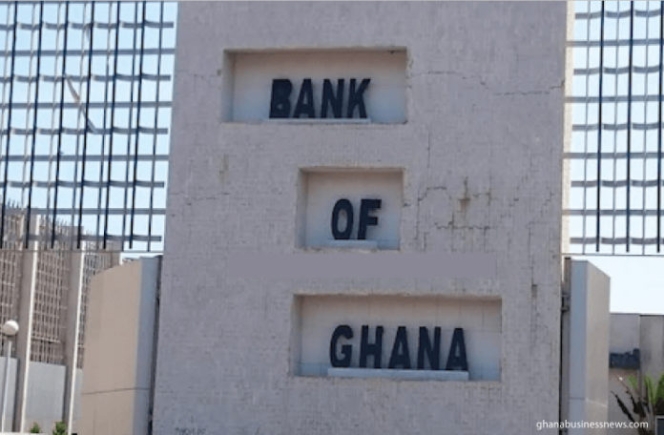Bank of Ghana Tightens Forex Policy as Government Intensifies Investment Drive

The Bank of Ghana (BoG) has introduced new measures to tighten foreign exchange (forex) controls in a bid to stabilize the cedi and restore investor confidence, as the government doubles down on efforts to attract fresh investments into the economy.
Stricter Forex Rules to Protect the Cedi
The BoG’s move comes amid persistent currency volatility and pressure on Ghana’s foreign reserves. The central bank has rolled out tougher compliance measures for commercial banks and forex bureaus, including closer monitoring of transactions and stricter reporting requirements. Officials say the new regulations are designed to curb speculation, strengthen reserves, and ensure forex allocations are directed toward productive sectors.
Governor Dr. Ernest Addison noted that stabilizing the cedi remains a priority:
“We must protect the integrity of our currency. These measures are necessary to safeguard stability and create a predictable environment for businesses and investors.”
Aggressive Push for Investment
Meanwhile, the Ghana Investment Promotion Centre (GIPC) has intensified its engagement with foreign missions and diplomatic partners to market Ghana as a safe and profitable investment destination. The centre has hosted multiple investor forums and is spotlighting opportunities in agriculture, renewable energy, technology, and manufacturing.
Trade and Industry Minister K.T. Hammond has also courted Japanese companies to support the government’s “24-Hour Economy” initiative, a flagship policy aimed at boosting industrial productivity and job creation around the clock.
Balancing Stabilization and Growth
Analysts say the twin strategy of tight forex management and proactive investment promotion reflects Ghana’s attempt to strike a balance between short-term economic stabilization and long-term growth.
While businesses may feel some strain from tighter forex access, the government believes the reforms will enhance stability, attract sustainable foreign direct investment (FDI), and create jobs.
Outlook
If successfully implemented, the measures could strengthen investor confidence, reduce exchange rate volatility, and help Ghana consolidate its position as a leading investment hub in West Africa.
www.nsemgh.com

